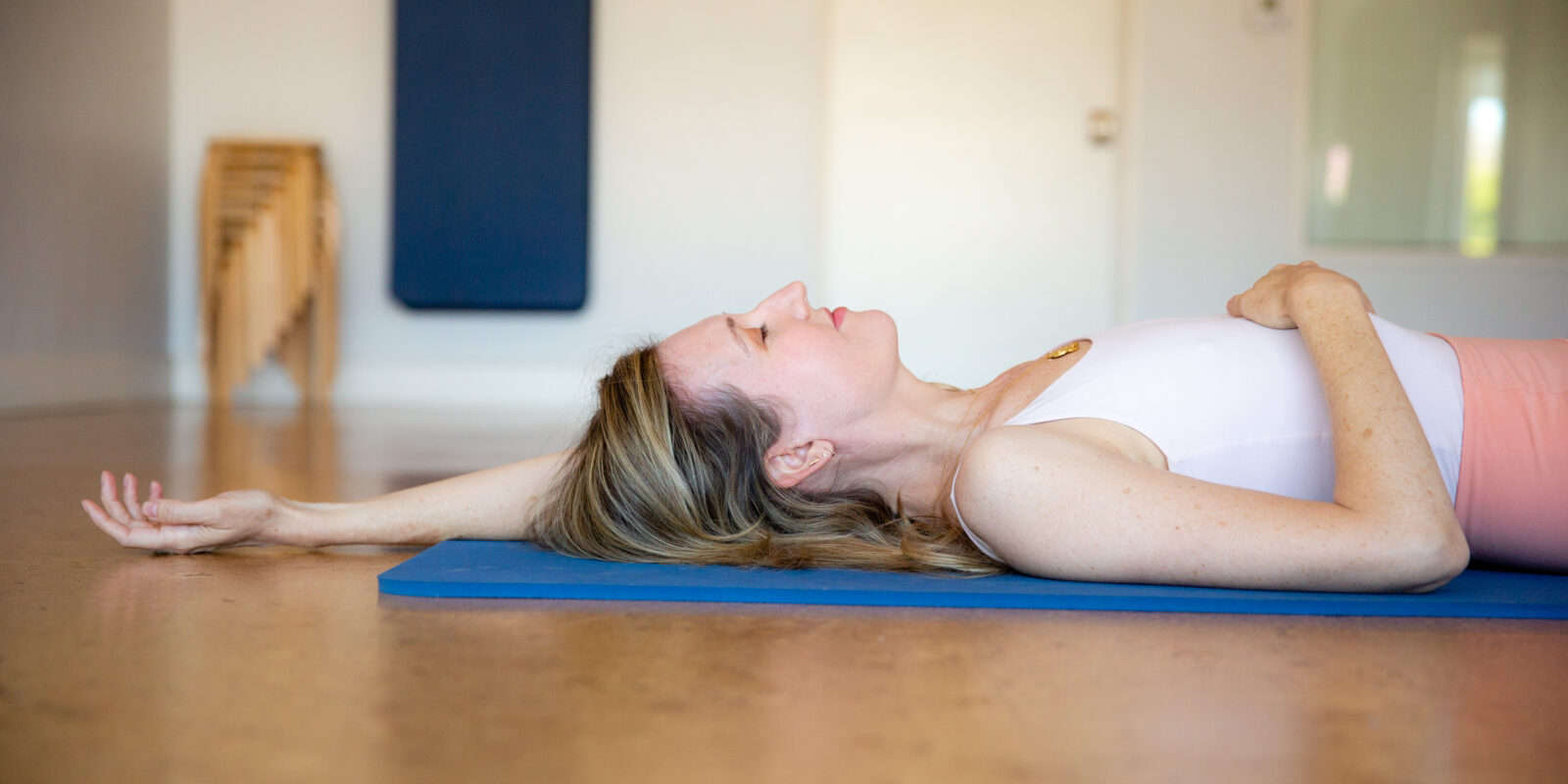
The Power of Belief on Your Body
Apr 15, 2022 - Meghan Pickrell
How much power can a belief have over your body?
I read an interesting study from 2007 that involved hotel room attendants. You may have heard of it before, but I wanted to share some insight into how to adapt its outcomes in our day to day lives.
The Hotel Room Attendants
Behavioral scientists at Harvard asked the question, ”How does one’s belief system about their body affect physiological health outcomes?” The study looked at hotel cleaning workers who, because of the nature of their job, were already getting the Surgeon General’s recommended amount of physical exercise per day. On average they cleaned 15 rooms a day, 20-30 minutes spent on each room. (The recommendation is 30 minutes of physical activity for a “healthy lifestyle.”) However, when interviewed about their health, the universal belief among the attendants was that they weren’t getting enough exercise. In fact, many of them believed they weren’t getting exercise at all.
Here’s where the power of belief comes in.
Half of the group was told that they were actually getting plenty of exercise in their regular workday of cleaning. The control group was told nothing, and thus held on to their previous belief. The group of hotel room attendants that were informed that they were already getting plenty of exercise according to the Surgeon General, started to see physiological changes. Over a period of 4 weeks the group showed decreases in weight, blood pressure, body fat, waist to hip ratio and body mass index. No changes were seen within the control group.
Now this study raises some questions. Were there any other factors besides this information that contributed to these physiological changes? Did this new belief influence the choices the workers made throughout the day towards healthier eating and sleeping habits? The scientists behind the study say they did not observe any additional changes, but knowing that “thought patterns” are chain reactions it is likely that other lifestyle changes were made by these workers. Regardless… the noteworthy outcome of this study, which I believe was the researchers intention, was the confirmation that our beliefs about our bodies affect our overall health.
We allow a plethora of the beliefs rummaging around in our minds to have power over our bodies. They all feel real in the moment, but which are true? While it was true that the hotel attendants lacked extracurricular exercise regimes, it was also true that they were achieving the Surgeon General’s recommended amount of physical activity. Once aware of this fact, their bodies underwent physical changes in the span of only 4 weeks.
What beliefs do you have about your body and are they true?
I love asking these questions to myself and others. The beliefs we have about our bodies impact our choices and feelings, but some aren’t always true. Understanding how you see yourself and your body is important to the work that we do together. Getting clarity, by noticing your beliefs is one of the best ways to stimulate change.
I’ve had clients come in and tell me they have a weak core and they attribute this to their back pain. So we will get right to it and test out their trunk stability. Sometimes they are right, but sometimes they have an immense amount of strength that they have yet to tap into.
Where did this very real belief come from? I find that people’s intuition about their bodies is usually pretty straight on. However, it is also my job to help you stretch your expectations of your body’s capabilities to see which beliefs are indeed true and which we can transform. In this example, back pain may have something to do with the core, but it may not be reflective of the strength that the person is capable of. Examining these beliefs about your body and testing them out, is so helpful.
In our sessions together, we’re never starting from zero. Instead, the goal is to establish what parts of our bodies are already working well and which we want to improve. By looking at our beliefs, it is easier to shape how we think about ourselves and help us to ultimate wellness.
I encourage you to take a moment today to jot down the current beliefs you have around your body. Then consider: “Which of these are true and which are no longer serving me?” You may be surprised what comes to mind.
If you’re afraid of moving because you’ve dealt with chronic pain, I offer a guided meditation on the virtual studio designed to help you move with ease and comfort in your body. You will find this session in the Wellness Collection.




